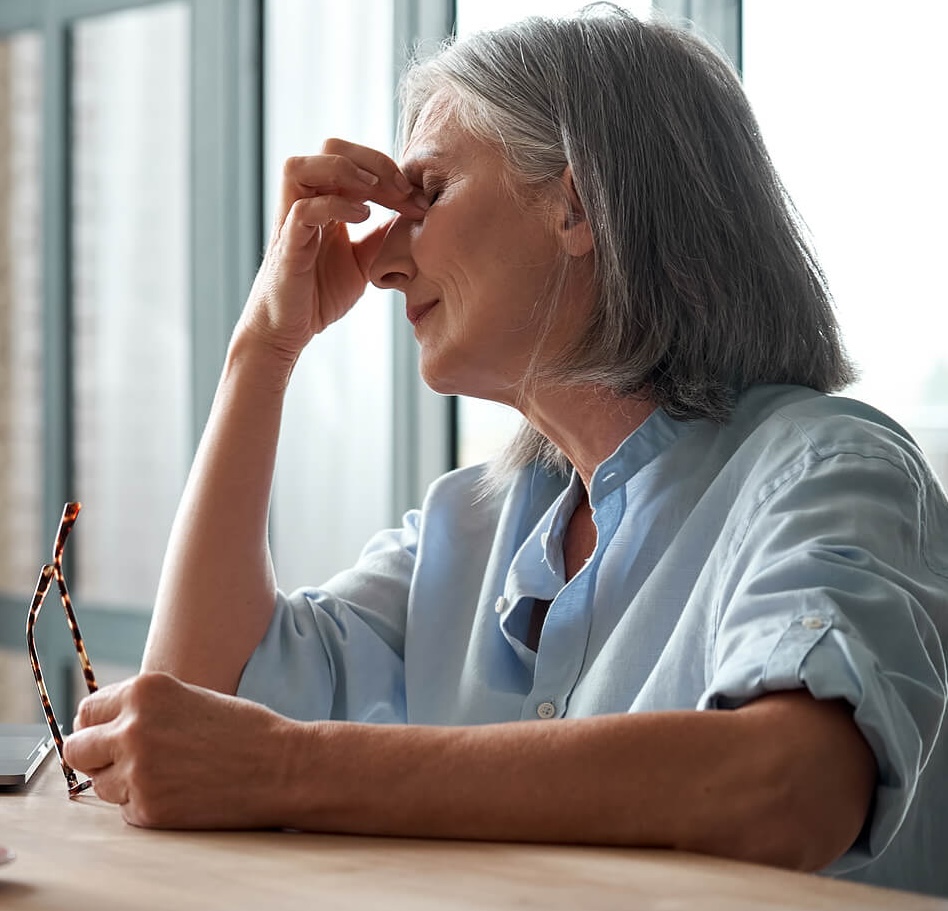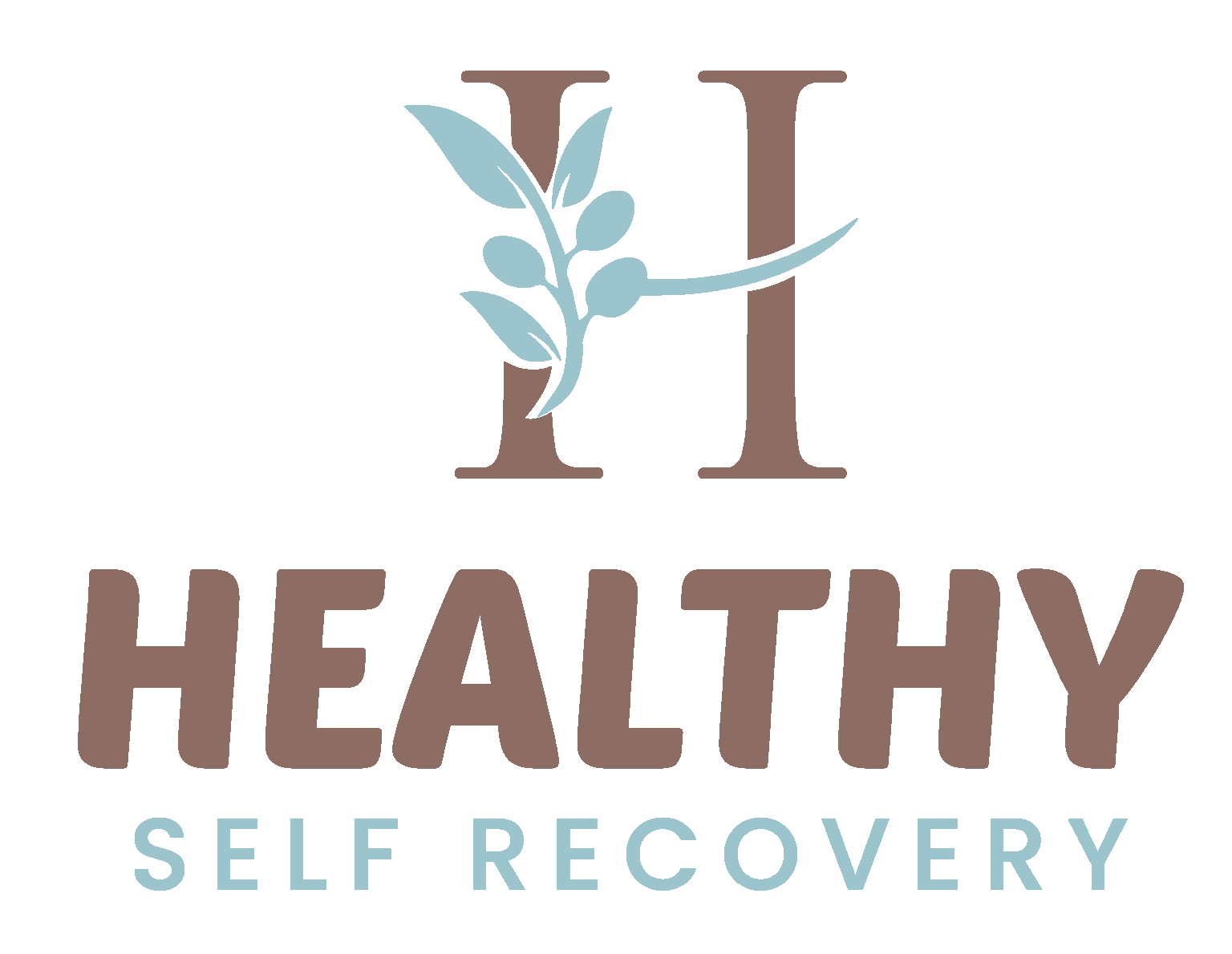Let’s face it: body image is a lifelong struggle for most women (the definition of body image being how we see ourselves and how we feel about what we see). Even when hormones are stable and our body is seemingly predictable, many women grapple with their body image. These struggles only become more heightened as women move toward menopause and find themselves confused and struggling with changes in body shape, mood, sleep, and much more. Even women who have previously not had issues with their body image can suddenly find themselves struggling.

A Time Of Change
It’s hardly surprising. The hormonal changes that occur with menopause come at the same time as age-related physical changes. Such as wrinkles and greying hair, which can feel like a double blow. Menopause also occurs at a time of life where many women are experiencing stress and changes in their personal life. Such as aging parents, children leaving the home, divorce, career challenges and changes, and also sometimes the loss of a parent or partner.
All of this, combined with hormone fluctuations that can cause changes in weight, metabolism, and a body that does not function in the same way it did, can understandably leave many women frustrated and feeling dissatisfied with their bodies. Equally, the societal obsession with smaller bodies and anti-aging can have a profound effect on lowering a woman’s self-worth as she tries to come to terms with her body changing as a natural part of aging and at the same time feeling that it does not match the societal ideal.
It is hardly surprising then that some women turn to their relationship with food as a way of finding safety and a sense of control over their life or as a way of coping with body dissatisfaction. For those who have a history of eating disorders or disordered eating habits, this period can be particularly triggering and can cause an increase or resurgence of eating disorder behaviours.
You Don’t Have to Navigate This Alone
However, it does not have to be this way-with the support of eating disorder recovery coaching, women can navigate the complexities of menopause while building a healthier relationship with their bodies and food.
Understanding Menopause and Its Impact on Body Image
Perimenopause, the transitional period to typically occurs between the ages of 45 and 55 and is marked by fluctuations in oestrogen and progesterone culminating in cessation of menstruation (menopause) as estrogen levels decline. This hormonal shift can lead to various physical changes, including:
- Weight Gain: Due to oestrogen levels declining, many women report changes in their weight and body composition
- Metabolism Changes: Menopause can cause metabolism to slow as well as a decrease in muscle-mass both of which can make it challenging to keep weight steady.
- Mood Swings: Hormonal fluctuations can affect mood, such as an increase in anxiety and low mood or depression, which can contribute to and complicate body image perceptions.
- Poor Sleep: Disturbed and poor sleep is common in perimenopause and menopause-often due to hormone fluctuations and hot flashes. Disturbed sleep or lack of sleep contributes to low mood and anxiety, which, as mentioned before, can exacerbate feelings of low self-worth.

How an Eating Disorder Recovery Coach Can Help
There are a myriad of ways that working with an eating disorder recovery coach who has been through a similar experience can help. Here are a few of them
- Education: On the impact of restriction and weight suppression has on the body. Restriction and disordered eating are huge stressors, both physical and psychological on the body, but as women age, this stress can be much harder to recover from.
- Connecting to Values: Differentiating between one’s eating disorder values and one’s true values is a powerful tool in recovery. Rarely does anyone at the end of their life want to be remembered for their shape or size, and this realisation is often a powerful motivator to work on healing their relationship with their body and food.
- Body Gratitude and Functionality: Our bodies are always changing, and a critical component of coaching is helping women learn to appreciate and accept their bodies as they are now and as they change.
- Self-Compassion: Negative self-talk is highly correlated to low self-esteem, depression, and feelings of worthlessness. Coaches provide tools to challenge negative self-talk and replace it with a more compassionate and realistic perspective on body image.
- Emotional Resilience: Menopause can be an emotional rollercoaster. Coaches provide a safe space to explore feelings that come up. Coaches work with women to find healthy coping mechanisms to deal with these feelings without turning to eating disorder behaviours.
Embracing Change and Fostering Self-Acceptance
Going through menopause and the changes it brings can be very daunting, but just as with all change, it can also be an opportunity for personal growth, self-discovery, and self-acceptance. By working with an eating disorder recovery coach at Healthy Self-Recovery, women can learn to make peace with their bodies and food so as to be able to live their lives according to the things that they truly value.

Find Support Through Eating Disorder Recovery Coaching in the UK and Online Globally
If you’re navigating menopause and struggling with body image or food-related challenges, you don’t have to face it alone. Healthy Self-Recovery offers compassionate guidance to help you feel more connected to your body and empowered in your healing. Reach out today to explore how eating disorder recovery coaching can support your journey. Follow these three simple steps to get started:
- Contact me to schedule a free discovery call to see if Eating Disorder Recovery Coaching is right for you.
- Begin meeting with me, Marianna Miles, a British Eating Disorder Recovery Coach
- Start healing your relationship with food, your body, and this new stage of life today!
Additional Services Offered at Healthy Self-Recovery
At Healthy Self Recovery, I offer tailored support to help you move through eating disorder recovery with greater clarity and confidence. My eating disorder recovery coaching sessions are designed to ease food-related fears while providing compassionate emotional support and actionable tools in a safe, non-judgmental environment. You’ll receive ongoing encouragement and text support, so you never feel alone in your recovery process. I also collaborate with your medical team to ensure a cohesive, holistic plan that aligns with your individual needs. Together, we’ll work toward lasting recovery, body trust, and true freedom around food. Coaching is available throughout the UK—including England, Scotland, and Ireland—and accessible online for clients worldwide.








